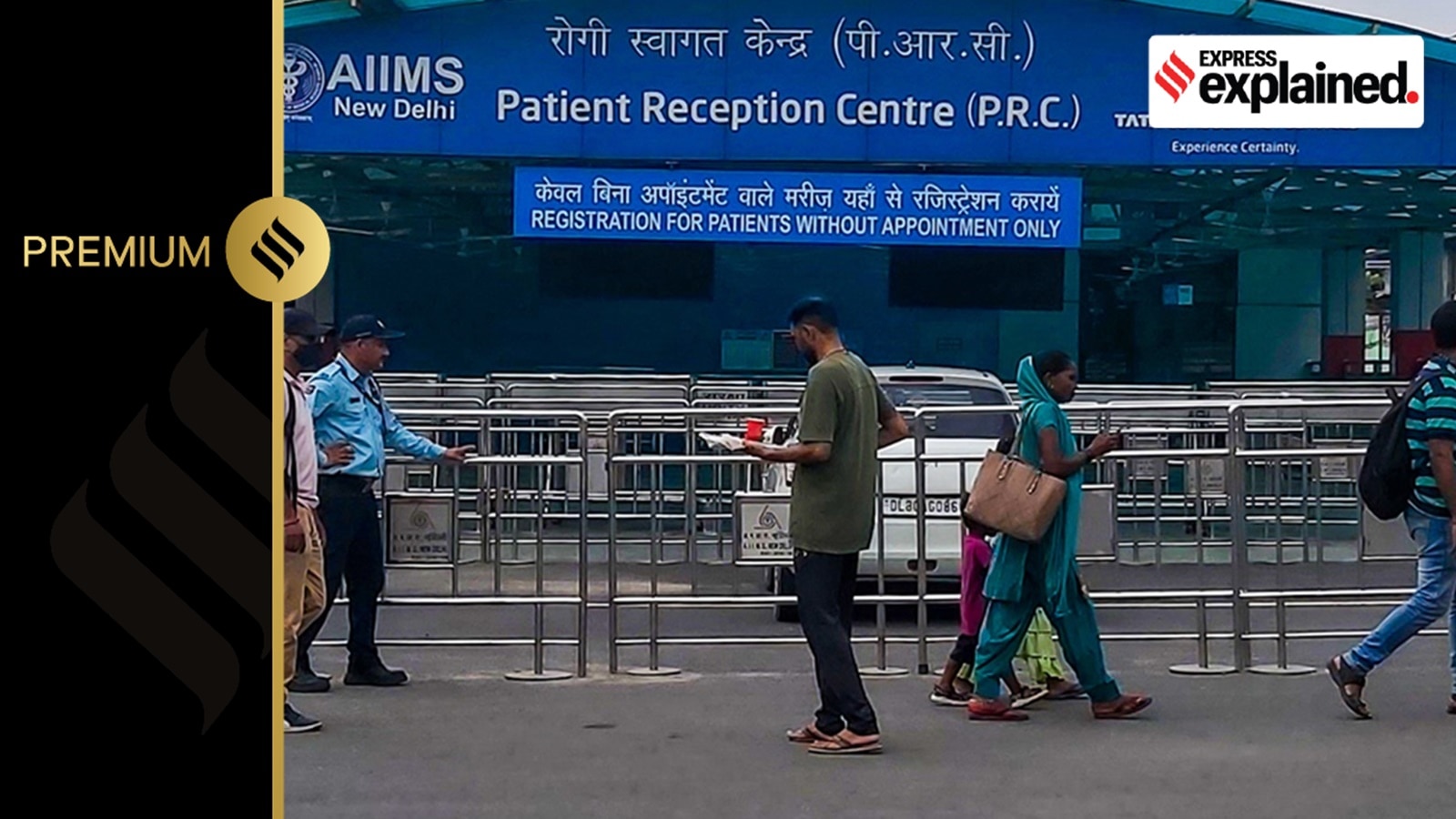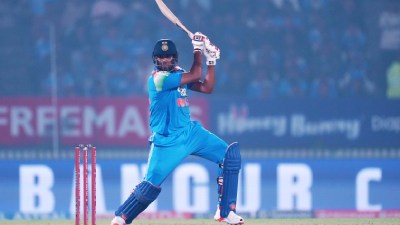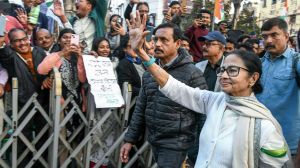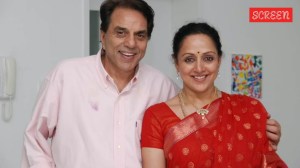Cadaver donation sees a person donate their entire body (rather than individual organs) to science after death.

Generally, cadavers are used to train doctors by helping them better understand human anatomy and practice surgery. Although dummies can be used for training, cadavers provide the most realistic experience of performing surgery on a human being.
Apart from training doctors, cadavers can also be used for developing new medical devices and studying the physiological impact of various diseases.
Who can donate their body?
Anyone over the age of 18 years can legally consent to become a cadaver donor. In case they are not registered as one at the time of death, their guardian or next of kin can still donate their body.
Although those who have died of chronic illnesses are eligible donors, bodies of those with infectious diseases such as tuberculosis, sepsis, or HIV are unlikely to be accepted. The same is the case with bodies of organ donors. Lastly, medical colleges may also refuse to accept bodies of persons who have died due to unnatural reasons and are subject of a medico-legal case.
How to donate one’s body?
There is no national organisation to track whole-body donations (unlike organ donation). Usually, the anatomy departments of medical college hospitals are directly in charge. Thus, one has to go to the specified department where one wants to donate one’s body and sign requisite forms. After death, the donor’s next of kin has to contact the department to process the donation.
Story continues below this ad
How many cadavers are donated in India?
Not enough. Although no consolidated estimates exist, medical institutes have often reported shortages.
Currently, undergraduate medical colleges require one cadaver for every 10 students they admit. The AIIMS Delhi, where Yechury donated his body, has received 70 cadavers in the last two years, enough for its batch size of 132. But the story elsewhere is very different.
Situated right across the road from the AIIMS, the Safdarjung Hospital and its affiliate Vardhaman Mahavir Medical College (VMMC) has received only 24 donated cadavers in the last five years. The Ram Manohar Lohia Hospital and its associated Atal Bihari Vajpayee Institute of Medical Sciences (ABVIMS) have received 18 cadavers since the inception of its MBBS course in 2019. VMMC has a UG batch size of 150 (with 170 students permitted for the upcoming session). ABVIMS admits 100 MBBS students annually.
Notably, both these institutes are located in the national capital — the situation is likely to be worse in most other parts of India.
So, how do medical colleges make do?
Story continues below this ad
In light of these shortages, medical colleges are forced to use unclaimed dead bodies, as per the provisions of their state’s Anatomy Act. Although the specifics might vary, all these acts allow for the use of unclaimed bodies for science. Most laws state that the body of a deceased has to be claimed by relatives within 48 hours or “with least practicable delay”.
A 2020 study published in the journal BMC Medical Ethics said that the rise in the number of medical institutes over the past 25 years, and an exponential increase in the number of students studying medicine has led to the requirement of cadavers shooting up. Unclaimed bodies have traditionally been the major source of cadavers for medical institutes, the study further says.
However, there are major ethical issues surrounding this as most unclaimed bodies are of the poor, destitute, and other marginalised people. This is why, unlike in India, many countries especially in the developed world require explicit consent for cadavers to be accepted, some even require wills signed in the presence of lawyers.







































